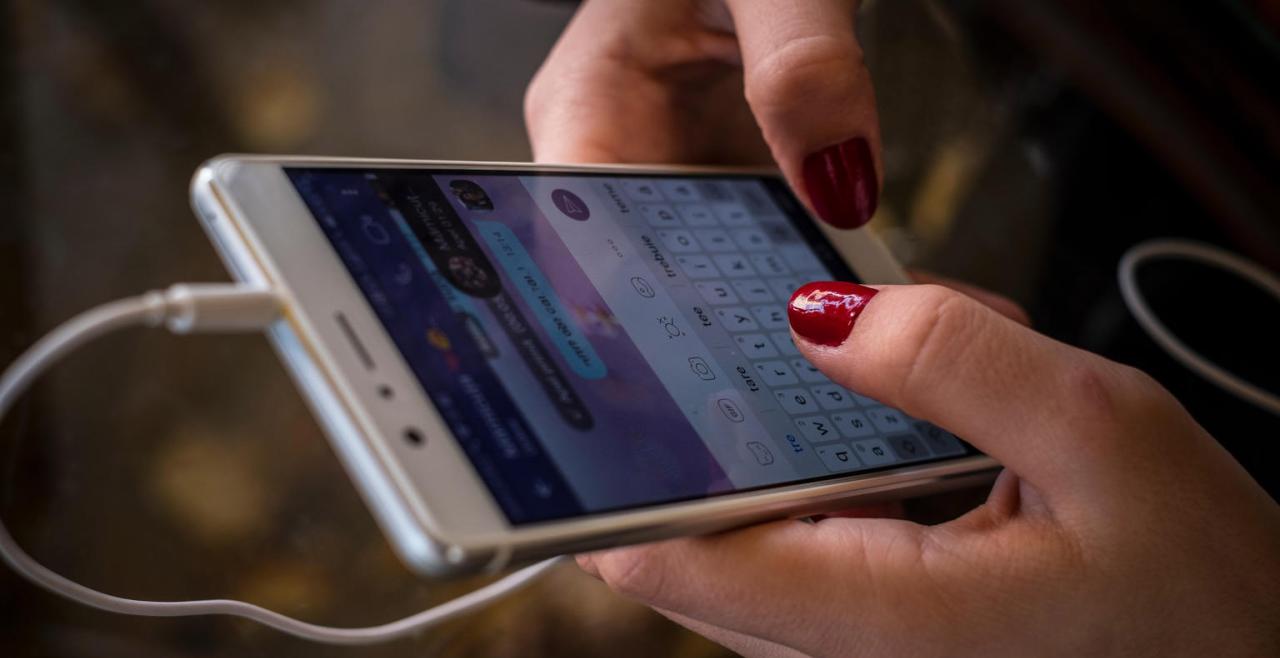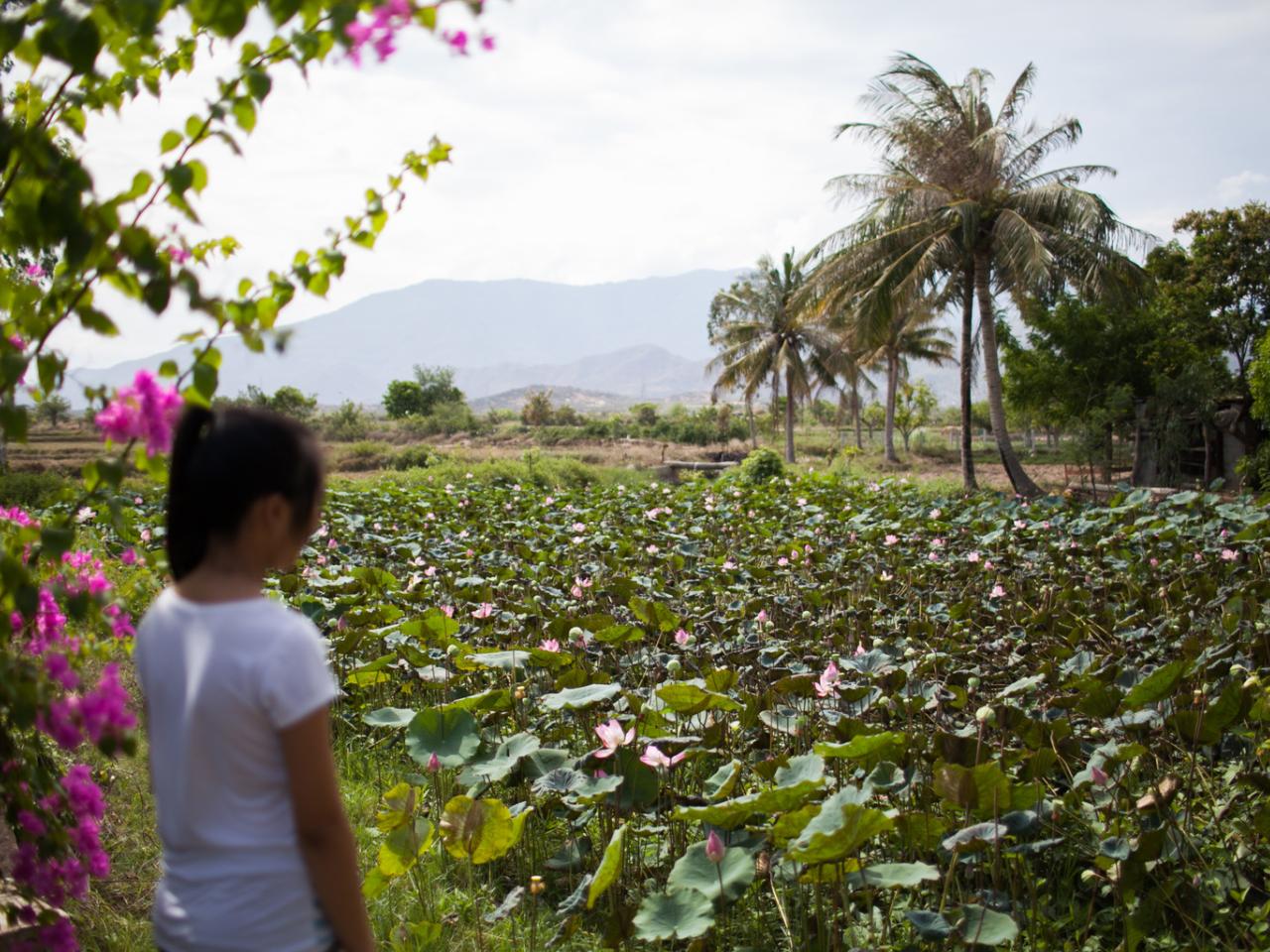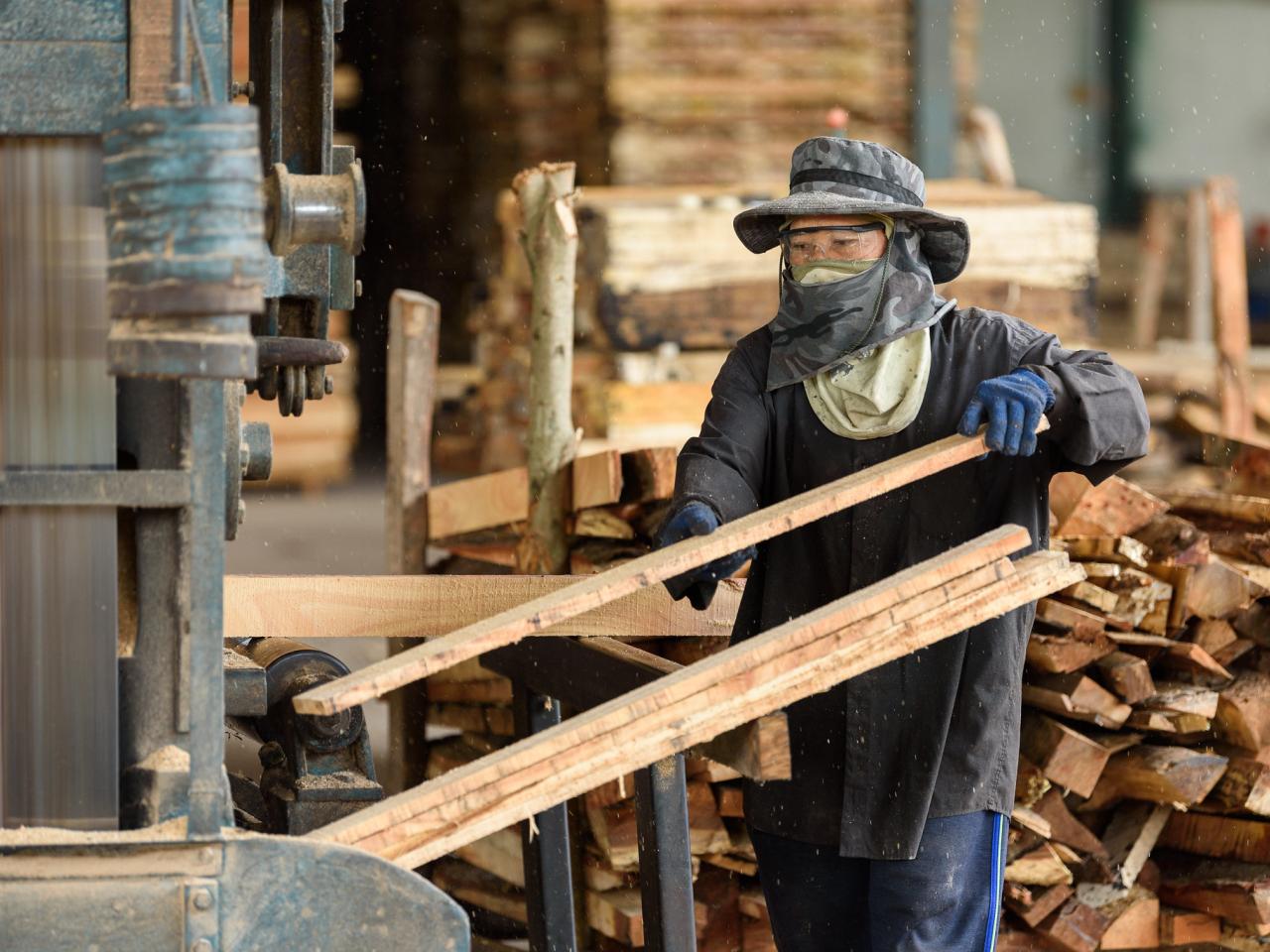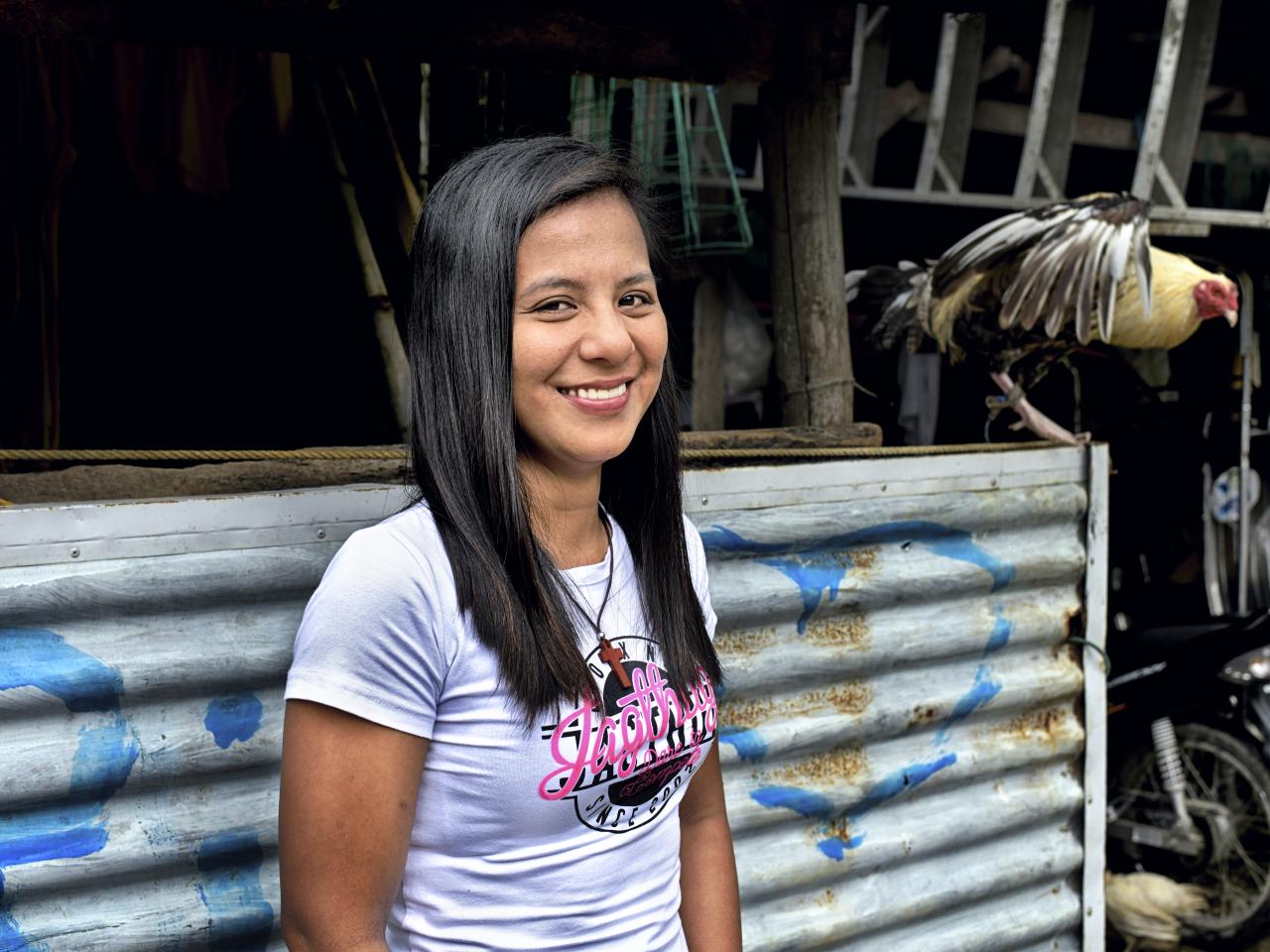One call can save a life: In Viet Nam, phone counsellors provide 24-hour support to women experiencing violence

HANOI, Viet Nam – Linh*, 23, is a hotline operator for a shelter that supports women and girls experiencing violence. Like many support organizations, they’ve been overwhelmed by demand during the coronavirus (COVID-19) pandemic. Since April, the hotline has received seven times the number of calls it did during the same period in 2019.
Below, Linh explains the critical need for front-line support, the challenges of operating amid a pandemic and the wins that make it all worthwhile.
“It has been only three months since I started working here, but I’ve already seen far too many cases of violence. My job is to take calls from women in Viet Nam, including women migrant workers. I organize assistance with local authorities, provide legal support and refer cases to counsellors if needed.
"There are not enough police officers to respond to violence against women despite the surge in cases. Too often, they hesitate to intervene until ‘something’ happens. By then it is too late" - Linh*, hotline support worker
“The COVID-19 pandemic has made everything much more difficult for survivors of violence. They cannot easily make a call or even send a text message to hotlines because they are at home with their abuser all the time. We get many calls late at night or early in the morning while the abuser is sleeping. For this reason, we had to open the hotline number 24/7 so we don’t miss an urgent call for help. Support from the Safe and Fair Programme was extremely timely as it meant we could hire more hotline operators like me for the night shift.
“COVID-19 has made our work more complicated as additional layers and procedures have to be added before we can act on urgent rescue operations. There is much less transport available for the women to escape [to the shelter]. Social distancing means that there are fewer staff members on site to assist. Newcomers have to be quarantined for 14 days in collaboration with local health officers [before they can enter the shelter].
“In addition, financial and human resources are being mobilized for COVID-related responses and there are not enough police officers to respond to violence against women despite the surge in cases. Too often, they hesitate to intervene until ‘something’ happens. By then it is too late. To fill the gap, we needed more counsellors, hotline operators and social workers on duty.
“Sometimes, abusers find the location of the shelter and try to take the survivor with them. They beg, bribe, bring flowers, gifts, handwritten letters to show that they have changed. But when we say ‘no’, they threaten us, yell at us, curse us. Sometimes we change our clothes to look different when we leave the shelter, just in case one of them is waiting for us outside.
"Helping women to walk away from a violent situation and seeing them empowered inspires me" - Linh*, 23
“Despite all that, supporting women - helping them to walk away from the violent situation and seeing them being empowered - inspires me.
“I would like to tell women who are experiencing violence to find out where the nearest shelter is or call a hotline number for help. They can refer your case to the police, which will put more pressure on [authorities] to act immediately. If you know someone who is in a violent relationship or if you witness violence, please call a hotline or the police. Lots of rescues were initiated by one call from a worried neighbour.”
The organization Linh* works for is supported by Spotlight Initiative’s Safe and Fair Programme.
If you or someone you know is experiencing violence, help is available.
As told to Nguyen Ha. Photo: UNICEF/Gilbertson VII
*name changed to protect identity



